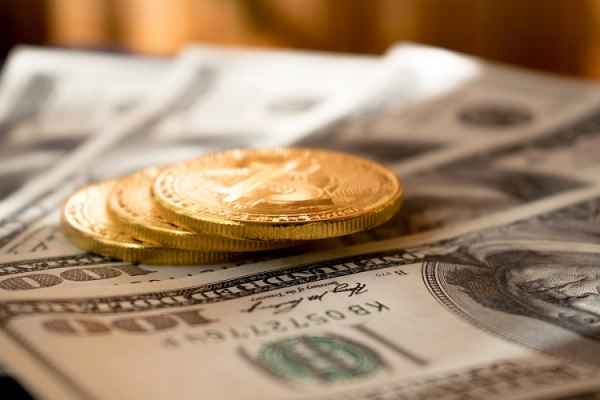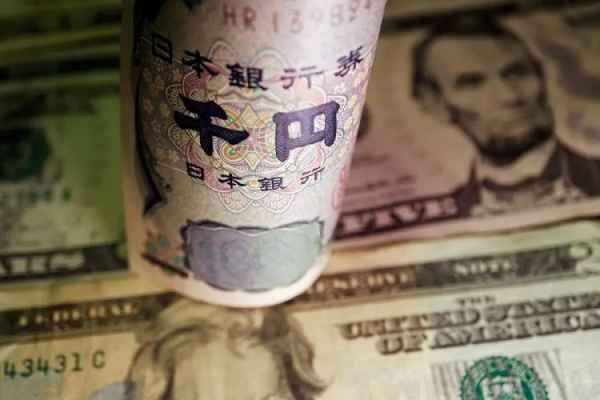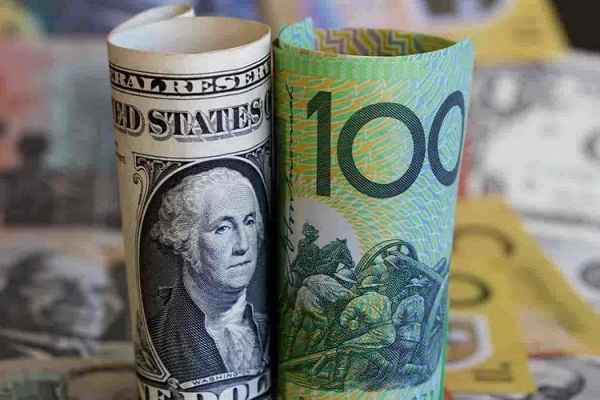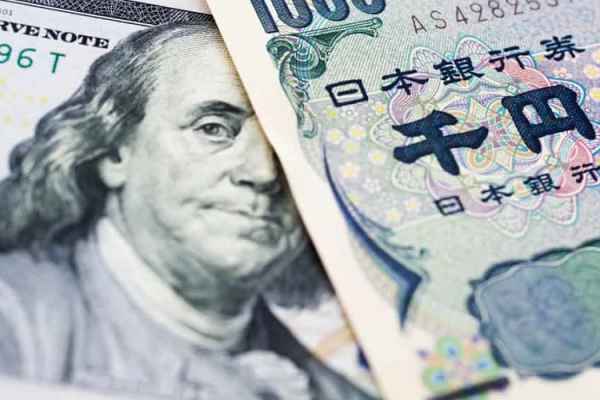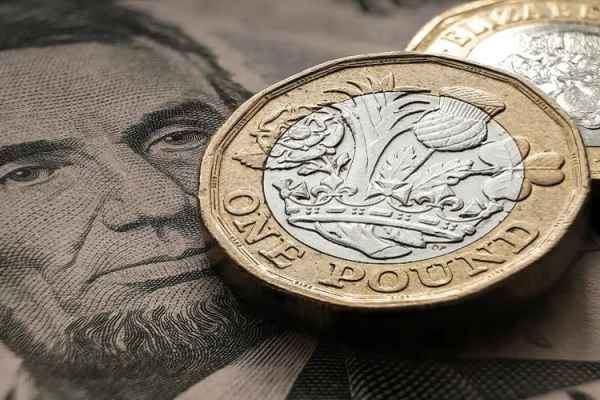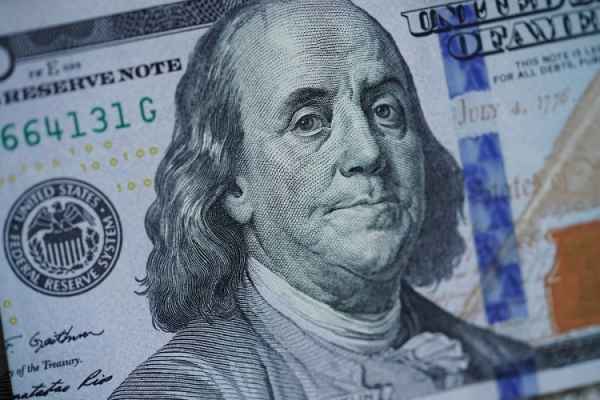The Eurozone's inflation rate has significantly decreased, while the core inflation rate has hit a new record high. This situation has trapped EUR/USD ahead of next week's ECB meeting.
Yesterday, EUR/USD skyrocketed to 1.0925 due to expectations of high-interest rates and the continued high inflation rate in the Eurozone. However, it quickly fell to the range of 1.0865 in Friday's (March 31st) trading following the release of mixed inflation data. Nonetheless, analysts believe that the inflation data still supports expectations of another interest rate hike.
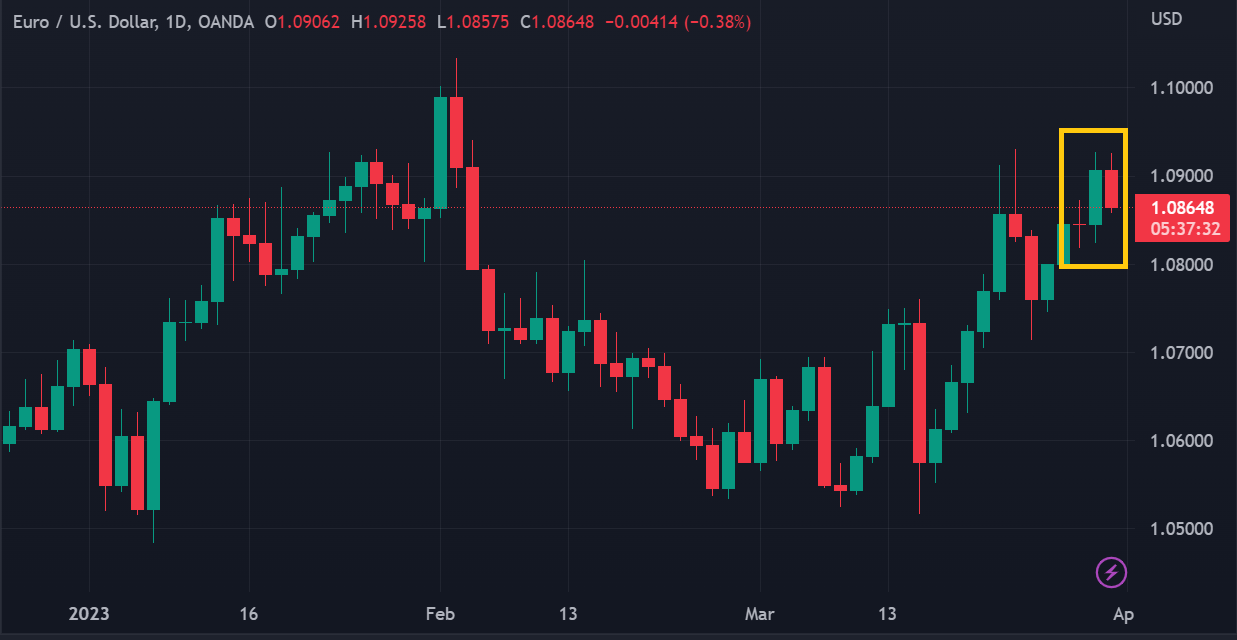 EUR/USD Daily chart via TradingView
EUR/USD Daily chart via TradingView
Eurostat reported that the core inflation rate surged 1.2% (month-over-month) in March 2023, surpassing the 0.8% growth in the previous period and more than double the consensus estimate of 0.6%.
The annual core inflation rate also increased from 5.6% to 5.7%, reaching an all-time high. However, the headline inflation rate decreased from 8.5% to 6.9% in the same period, lower than the consensus estimate of 7.1%. This is due to the decline being only related to energy prices, which are not included in core inflation.
Analysts believe that such inflation data in the Eurozone will provide a reason for the European Central Bank (ECB) to raise interest rates again. This view aligns with the opinions of some ECB officials lately, who believe that further interest rate hikes are needed to bring inflation down to the central bank's target of 2%.
"The pressure on the ECB to continue raising interest rates remains high," Commerzbank economist Christoph Weil said.
"This sediment of inflation will not be flushed out for two or three years, and will require further moderate interest rate increases by central banks, regardless of the current banking stress," Ulrich Kater, an economist at German bank Deka, said.
The current market data indicates that traders and investors expect a 25 basis point increase in the ECB interest rate at the next policy meeting on May 6, 2023. After that, the ECB will likely raise rates once or twice more in the summer. EUR/USD is unlikely to climb again if the ECB only meets these expectations, as the market has fully priced the rate hike into the current exchange rate. Therefore, more hawkish rhetoric is needed to boost the euro again.

 Dedicated FREE FOREX VPS
Dedicated FREE FOREX VPS Free FOREX Virtual Private Server
Free FOREX Virtual Private Server MT4 Demo Contest, Get $500
MT4 Demo Contest, Get $500 Sign Up for an Account, Claim 60% Deposit Bonus
Sign Up for an Account, Claim 60% Deposit Bonus Free MT4/MT5 VPS 2024
Free MT4/MT5 VPS 2024 Send E-mail and Get Free Merchandise
Send E-mail and Get Free Merchandise $1K Refer a Friend Bonus for Pepperstone Pro clients
$1K Refer a Friend Bonus for Pepperstone Pro clients Maximize Your Earnings with 100% Deposit bonus
Maximize Your Earnings with 100% Deposit bonus Trade to Win, $5,000 Monthly Demo Contest
Trade to Win, $5,000 Monthly Demo Contest Claim 30% + 15% Deposit Bonus from LiteFinance
Claim 30% + 15% Deposit Bonus from LiteFinance
